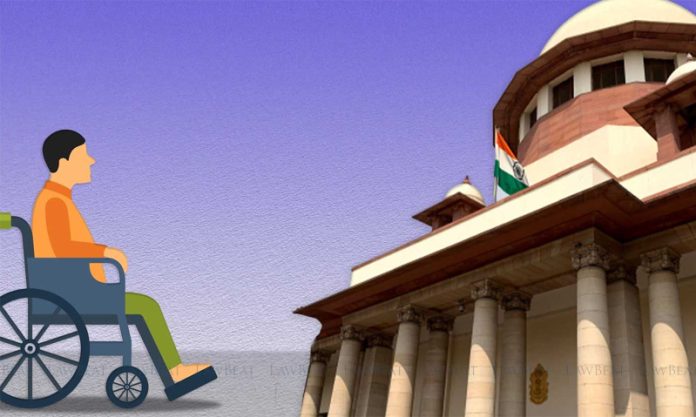The Supreme Court ruling ordering the appointment of Pankaj Kumar Srivastava, a 100 percent visually impaired candidate who cleared the Civil Services Examination in 2009, marks a significant milestone in the fight for disability rights in India. This judgement not only highlights the persistent gaps in the implementation of the Persons with Disabilities (Equal Opportunities, Protection of Rights, and Full Participation) Act, 1995 (PWD Act) but also underscores the urgent need for systemic reforms to ensure true inclusivity. Despite clearing the written test and interview, Srivastava was denied an appointment. This led him to seek justice through the CAT, which in 2010 directed the UPSC and the Department of Personnel and Training to calculate backlog vacancies as mandated by the PWD Act within six months. However, Srivastava’s name was not included in the merit list of CSE-2008 for the PH-2 (Visually Impaired-VI) category. Subsequent long legal battles continued until the recent SC directive in his favour.
The Apex Court’s decision recognised the “gross default” on the part of the Union of India in implementing the PWD Act. The bench emphasised that if the Act had been implemented in its true letter and spirit, Srivastava would not have been compelled to seek judicial intervention repeatedly. The Supreme Court’s directive mandates the appointment of Srivastava and ten other VI candidates against the backlog of vacancies for PWD candidates.
This judgement is a crucial reminder of the systemic negligence towards the rights of persons with disabilities in India. The PWD Act, enacted to ensure equal opportunities and full participation for disabled individuals, has often seen a lacklustre implementation. The Supreme Court’s stern stance underscores the government’s need to take immediate and comprehensive action to rectify these lapses. The judgement also serves as a wake-up call for the bureaucratic machinery to ensure that laws designed to protect the marginalised are implemented effectively and without delay.
Beyond the legal and bureaucratic implications, this judgement has significant social ramifications. It sends a strong message that the rights of people with disabilities cannot be overlooked or sidelined. It reaffirms the principle that every individual, regardless of their physical capabilities, deserves equal opportunities to contribute to and benefit from societal progress. Moreover, the directive to consider Srivastava and other VI candidates for appointment underscores the importance of merit and capability over physical limitations. It challenges deep-seated prejudices and encourages a more inclusive and equitable approach to public service recruitment.
While the Supreme Court’s judgement is a step in the right direction, it is just the beginning. Establishing robust mechanisms to monitor the implementation of disability rights laws, regular audits, and accountability frameworks can ensure compliance and address lapses promptly. Investment in accessible infrastructure and technologies that enable disabled individuals to participate fully in educational, professional, and social activities is the need of the hour. This includes making public spaces, transport, and digital platforms more accessible. It’s time to review and update policies to address emerging challenges and incorporate best practices from around the world. This includes adopting more inclusive recruitment practices and providing necessary accommodations during examinations and interviews. The Supreme Court’s judgement is a landmark decision and a call to action for the government, public institutions, and society to ensure that persons with disabilities are not just protected by laws but are also empowered to live with dignity and equal opportunities.


